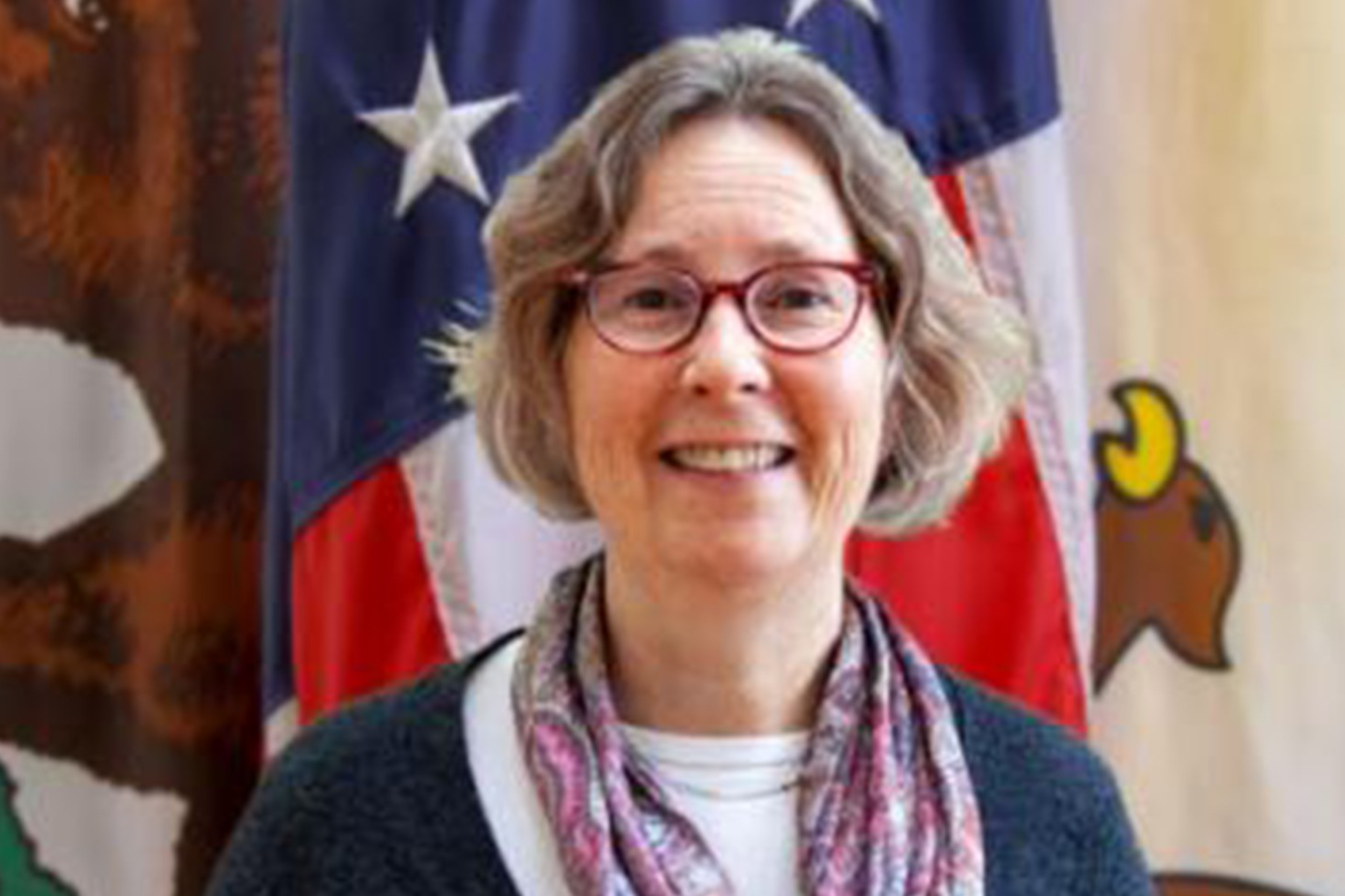A Board of Supervisors committee found itself navigating the sometimes mind-bending complexities around the city’s dealings with nonprofits at a hearing on Thursday.
Members of the Government Audit and Oversight Committee heard from staffers from the Controller’s Office, as well as nonprofit representatives, to hash out an August report on the need to better evaluate how the city’s nonprofit contractors do their jobs.
The report comes on the heels of scandals involving Baker Places, a drug and behavioral health rehab nonprofit, and United Council of Human Services (UCHS), a homelessness services nonprofit, both contracting with the city. An investigation by The Standard found that the city had paid over $25 million to nonprofits whose status had either been revoked or flagged as delinquent by the state Attorney General’s Office.
At Thursday’s hearing, Larkin Street Youth Services Executive Director Sherilyn Adams said that fiscal difficulties, such as multiyear contracts that do not allow for increased operating costs, can prevent nonprofits from hiring enough compliance staff to handle paperwork that comes with contracting with the city.
“Contracting with the city is complicated and challenging,” Adams told the committee. “Every single department has their own process for how they contract, procurement, negotiation, invoicing, development, how we report deliverables, what portals we use, all of that is different.
“I had 28 program monitoring visits in the fall,” Adams went on. “Because I have 28 contracts with the city.”

San Francisco gave more than $1 billion to 600-plus nonprofits last year, relying on those organizations to perform critical social services like homelessness and behavioral health support.
But an August 2022 performance audit (opens in new tab) by the Controller’s Office determined that the city should more effectively measure the impact of those services, and that the city lacks a standardized system for doing so. Many nonprofits work with multiple departments, and reporting and compliance requirements vary by agency.
Members of the board committee agreed that simpler evaluation criteria and greater transparency in the contracting process—to benefit both the public and contractors—is desperately needed.
Incorporating input from the hearing, Supervisor Catherine Stefani plans to introduce legislation intended to improve oversight of the city’s extensive relationships with nonprofit contractors.
“Transparency is a huge part of it,” said Stefani. “Not just for the public but for us, to get a better understanding of the services we need.”
The Board of Supervisors has stepped up scrutiny of the city’s nonprofit contracts after a series of scandals pointed to a widespread lack of due diligence.
Baker Places, a drug rehab nonprofit that received millions in city contracts, fell under the microscope last June, when supervisors held an emergency hearing to grant the nonprofit $1.2 million in gap funding so it could continue operating. In October, it asked for another bailout and reported a six-month shortfall of over $4 million.

A subsequent investigation by The Standard revealed that Baker Places paid Lisa Pratt, an executive at the Department of Public Health, $123,000 per year for a 20-hours-per-week side gig as its finances were unraveling.
Later, a Controller’s Office audit revealed a pattern of mismanagement at UCHS, which had received tens of millions in grants to manage a number of shelter and housing sites in the city. The audit alleged that the organization failed to vet tenants and illegally sold housing to some residents, leading to a criminal referral.
